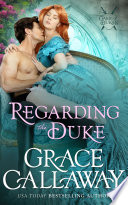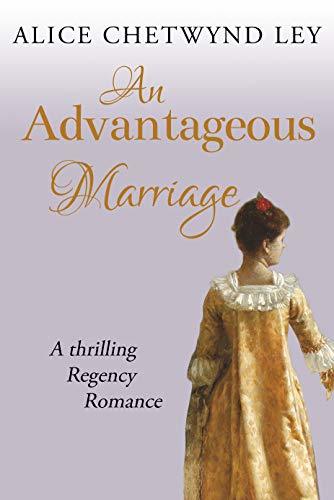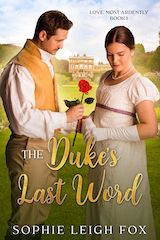Stateside, the media has been inundating us with politico speak, commercials, etc in the fever pitch that usually accompanies our presidential elections. And naturally, saturated with thoughts of politics has me turning my curious eye to the Regency.
Reg Roms rarely spend much time on politics, except when a dashing hero has a seat in the H.O.L. Usually, its a passing mention to the gentleman’s clubs affiliation or a plot involving foreign policy.
But in the Regency, politics were a hot bed of controversy.
 The Duke of Wellington, at the very end of the Regency was a natural choice (here for more about this Reg heartthrob)
The Duke of Wellington, at the very end of the Regency was a natural choice (here for more about this Reg heartthrob)
Two PMs served less than a full year, and several only did short two year stints; Canning died suddenly after 119 days in office and Goderich resigned after about four months.
The most popularly referenced (in Reg Rom) PM is the Earl of Liverpool, a Tory known for steering the country through Napoleanic Wars and a series of rebellions following an economic recession of 1817.
Serving for fifteen years, Liverpool died a year after he left office after a stroke forced him to resign (he was 58 when he died).
Prior to Liverpool’s reign, Spencer Perceval held the title of PM for two plus years. Perceval is remembered mostly as the only Prime Minister to be assasinated in office. Perceval was murdered by a merchant who had experienced major losses in Russia. The country, with the Napoleanic Wars and the stirrings of the Industrial Revolution, was in a major economic depression during Perceval’s office and it was a surprise to some that his government stayed in office as long as it did.
Before him, the Duke of Portland had served his second and brief term in office. Old and ailing, the Duke left most of the politics to his cabinent before resigning shortly before his death.
Lord Liverpool was even more amazing, in this patchy history of PMs, for his stayi ng power. Arguably, his strength came from being the perfect foil to the sovereign, Prinny, who left most of the country’s cares to Liverpool while he whooped it up with his cronies. Liverpool, known for his rigid morality in public and private life (Plowright, 1996), also would have provided a sense of stability to the masses who otherwise might’ve been revolutionary about a King given over to excess.
By comparison, today’s politics seem less polarized and perhaps a safer theater by which to express age old divergences over money and power.
Then again, despite media saturation and the inherent cynicism spawned by modern politics I sure am glad I live in country where I am allowed to participate (if only by filling in a couple of bubbles) in the political theater. Its hard to imagine how women, unable to vote in the Regency era, would have engaged with politics. When the men stayed behind to sip their port, did the women similarly retire and talk politics…trying to keep up with brothers and husbands and fathers? Or were they so disenfranchized that politics inspired a sort of cynicism, too?
Regardless, its nice to see the parallels.
For all the backstory on PMs throughout history, check out the official UK PM website: http://www.number10.gov.uk/history-and-tour/past-prime-ministers/
Or this great resources with more bio and cabinent deets: http://www.regencyassemblypress.com/Regency_PMs_Robert_Banks_Jenkinson.html









